Miracles and Whatnot: How to Honor a Difficult Mother
Goodbye to my 'Buddhist with an Alligator Bag'
Dear Brave Soul, thanks for joining us. Today, we’re serving an open-face Truth sandwich with a side of compassion for my unusual mother, who died last Thursday.
This is NOT an obituary: “Born Aug 21, 1940, in Lincoln, NE; Masters in English Lit at Creighton University; had three daughters; worked for MTV; died Jan 9, 2025”—these data points fail to illuminate a life. As I sort through her journals, I crave the essence of her brave human voyage. Who is this person? What do I carry with me? Here's what resonates most.
I always knew my Mom loved me through the touch of her fingers on my baby-child skin, gently stroking my legs and feet under the covers of a sleepy morning. I retained that sense of her love even when her behavior, words, and neglect did not bear it out.
She tried so hard to make a good home. A teen mother in 1959, a college student who’d wanted to be a poet and a writer, she channeled her creative energy into homemaking. She stirred hamburger into goulash and sewed our clothes, striving for a picture-perfect life as a wife and mother.
Mom fought for her sanity daily, born to a mother who’d suffered child sexual abuse, and who revealed on her deathbed, “There’s a woman behind me who makes me do bad things.” Our mom’s childhood traumas didn’t get resolved. Her genius IQ provided great cover, coping mechanisms, and university teaching positions. Sadly, she couldn’t think her way out of the shame and depression that colored many of her days.
She found sanctuary in the bathtub. When the gap between her ideals and reality overwhelmed her, Mom locked the bathroom door and ran the hot water. When JFK was assassinated—and later with RFK and MLK—she soaked for what felt like 18 hours. (I also seek warm waters to renew a bruised heart and body).
Mom battled in the war between man and woman. Though she tried to be a good pastor’s wife, our highly critical dad blamed her for many failings. He became a psychologist who diagnosed her mental issues in nightly fights that often turned violent. In the 70s she found feminist friends in motorcycle jackets and t-shirts: “A woman needs a man like a fish needs a bicycle.” They finally divorced after 16 years; she never stopped questioning the gender imbalances that made her life hell.
Though she loved her kids, she didn’t keep us. Torn between mothering and women’s liberation, she found fulfilling work in New York at Children’s Television Workshop, MTV, and Nickelodeon. She’d left my sisters—ages 14 and 10—alone in a Westwood apartment with my uncle checking in occasionally. (I’d left home at age 15; later I left my 2-year-old son with his dad so I could work for TIME Magazine).
Mom wrote profusely. Poetry. Morning pages and journals. Prayers. Rants. Intentions. Grants. Curricula. She doctored screenplays and licensing agreements. Her lifelong dream was to “articulate the ineffable.” Many journal entries are hard for me to decipher.
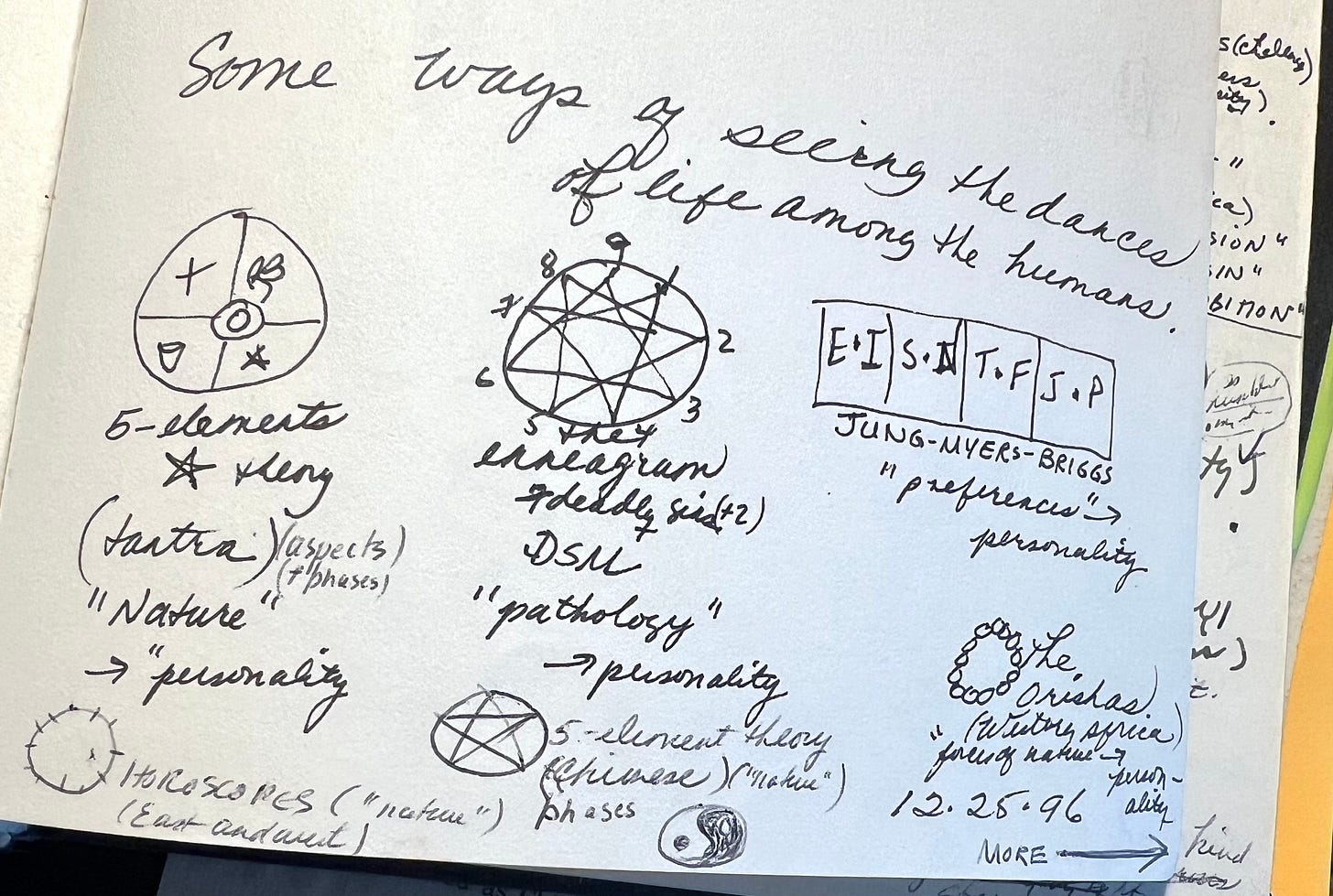
Mom craved spiritual wisdom. She became a serious Zen meditator in the 70s after her sweetheart, VP at Sesame Street, gave her “Zen Flesh, Zen Bones.” She studied mystical traditions, lived like a nun, and rose at sacred hours to pray. She changed the lives of her small tribe of ‘disciples’ who gleaned much from her. Still, our family was mystified by her blind spots, and the ways she could not embody her Buddhist teachings.
She gave me precious gifts. Beyond my birth, blue eyes, and a periwinkle cashmere sweater that never fit her, Mom taught me how to listen within. “Trust your inner guidance,” she said. The Belly Brain. She’d learned this hard lesson, becoming pregnant with me in the back of an old Ford. She knew in her gut that we’d be okay if she didn’t marry my father. But her fears won out; we all paid a price. Her most of all.
What did she love most? Creative process, a great bargain, and the sensory pleasures of well-made things: fine fabrics, papers, pens. She adored her one-room studio, stacked high with objects she could not part with: purses, luggage, jars, lids, notebooks, Eileen Fisher clothes. As her brilliant mind eroded from vascular dementia, she optimized her things into perfect containers. Endlessly satisfying.
Although she coached many creatives who won accolades, Mom sabotaged me with subtle ‘pokes.’ After a call or visit with her, my sisters and I felt shitty about ourselves. They’d previously cut off contact for years; I pulled away the last six months when my presence provoked her. I’m grateful for our last call a week before she died. I ended with, “I love you.” Instead of saying it back, she said, “That’s a miracle. And whatnot.”
After days of being nonresponsive, when I walked into her hospital room on her last day, she said quite clearly, “You’re perfect.” That was a miracle! And whatnot.
I do love you, Mom. You did your best. I forgave you with a whisper that night. After clearing some of the shame in your body that blocked your pure heart, I wept for the pain you bore. It’s never too late for the miracle of loving, Mom. May you find peace in the ineffable.
🗣️ I’d love to know… Have you lost a parent? How did you mourn? How did you honor your relationship, especially if it was difficult?
Thank you for your brave voice, and for being You. 💗 Please comment, like this post, or share with a friend - so more of us can be brave in these turbulent times.
More to come,

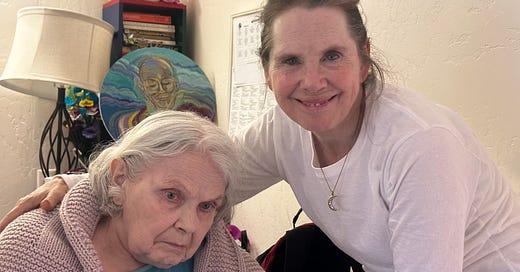



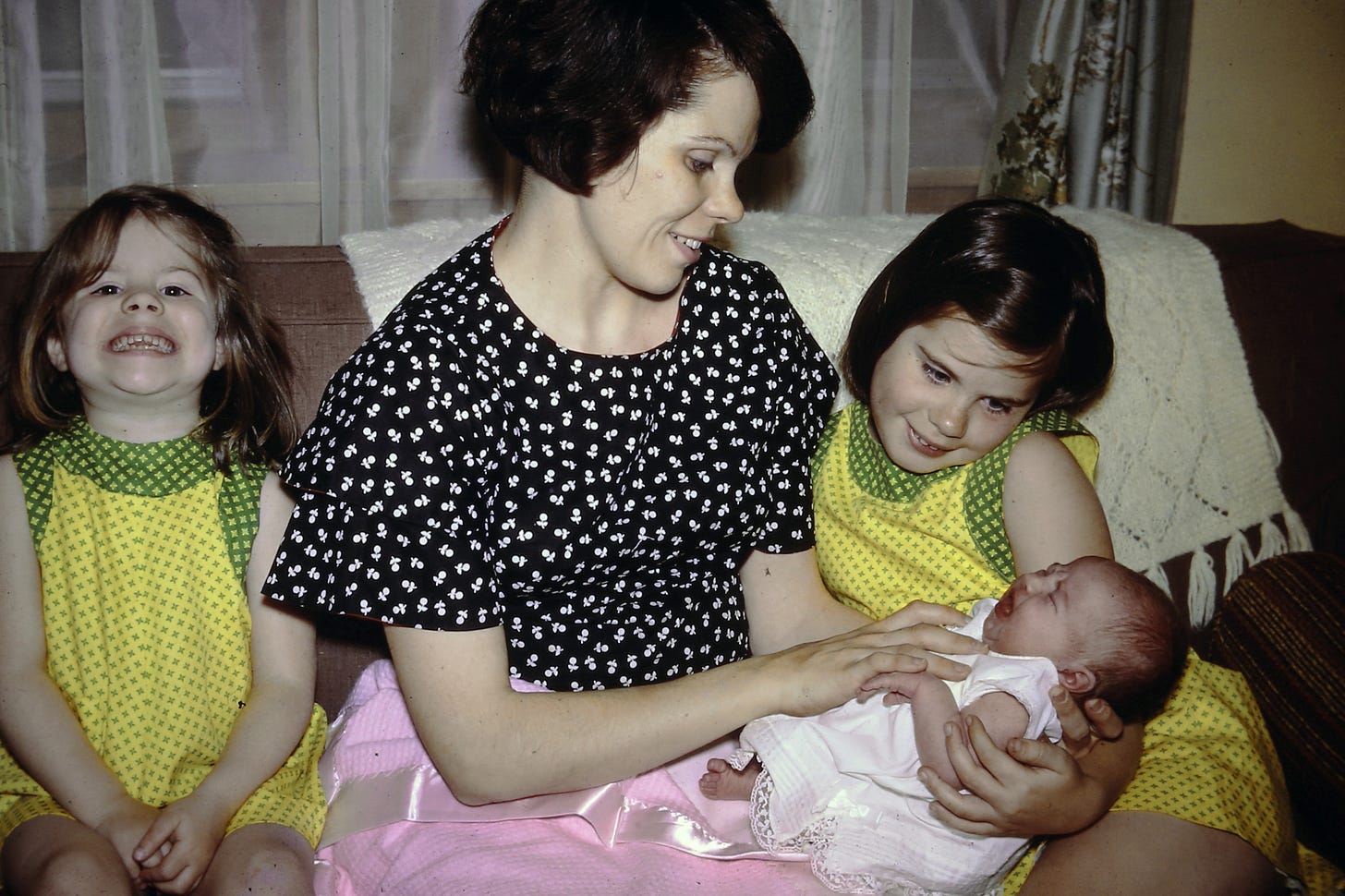
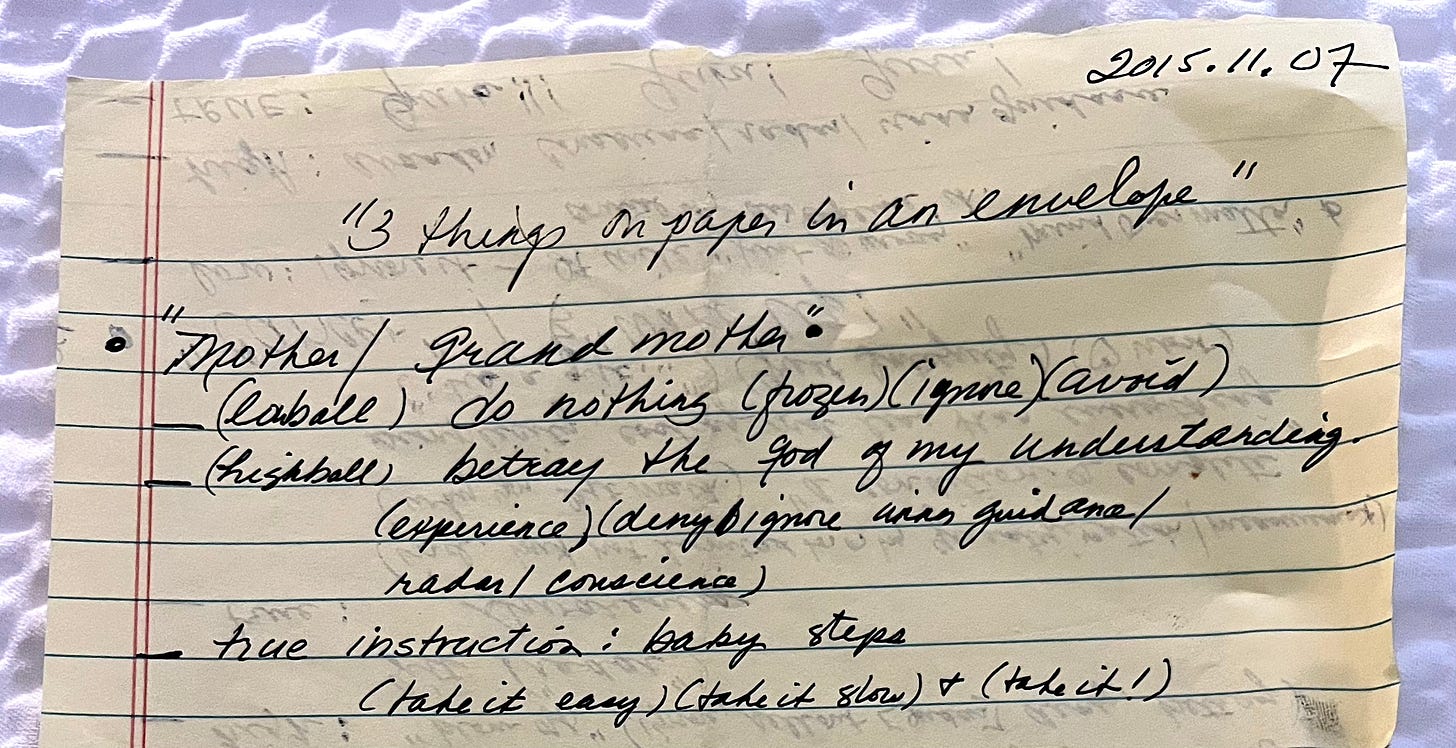
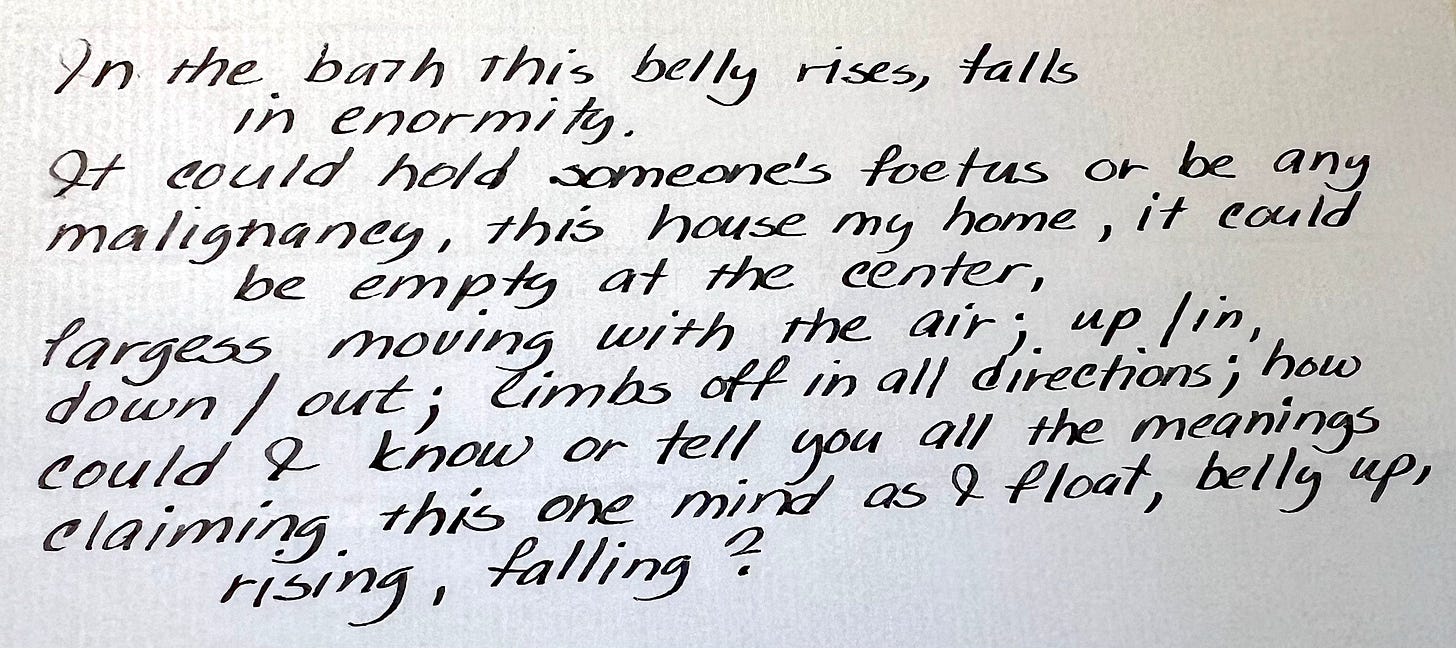
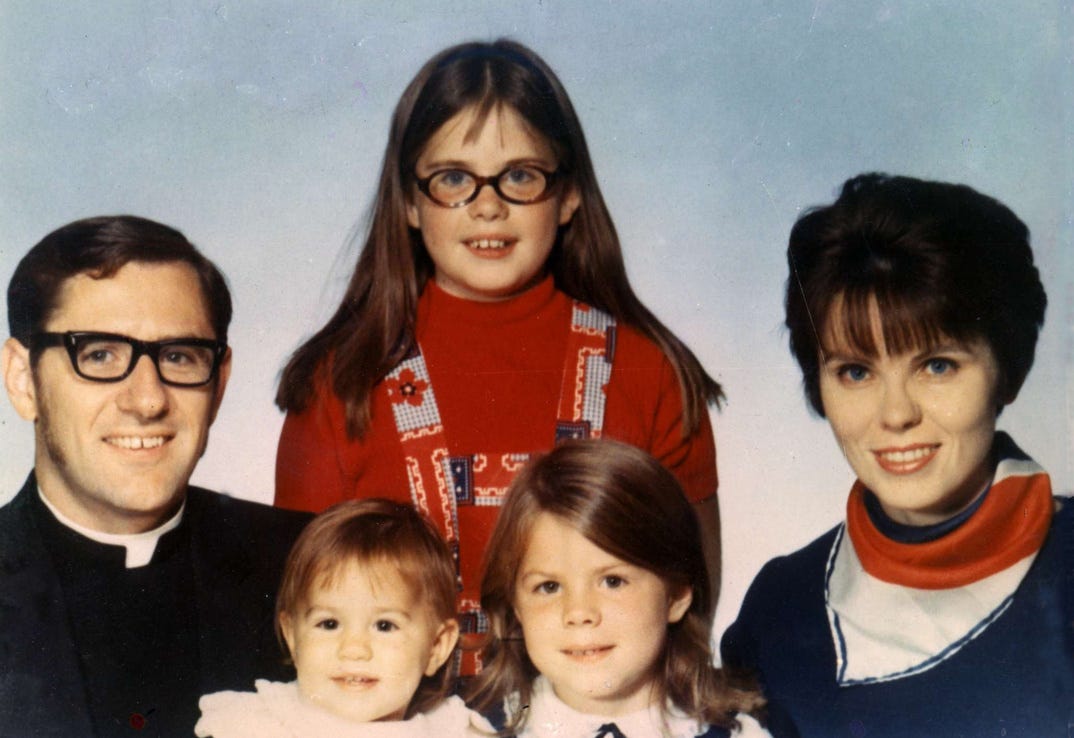
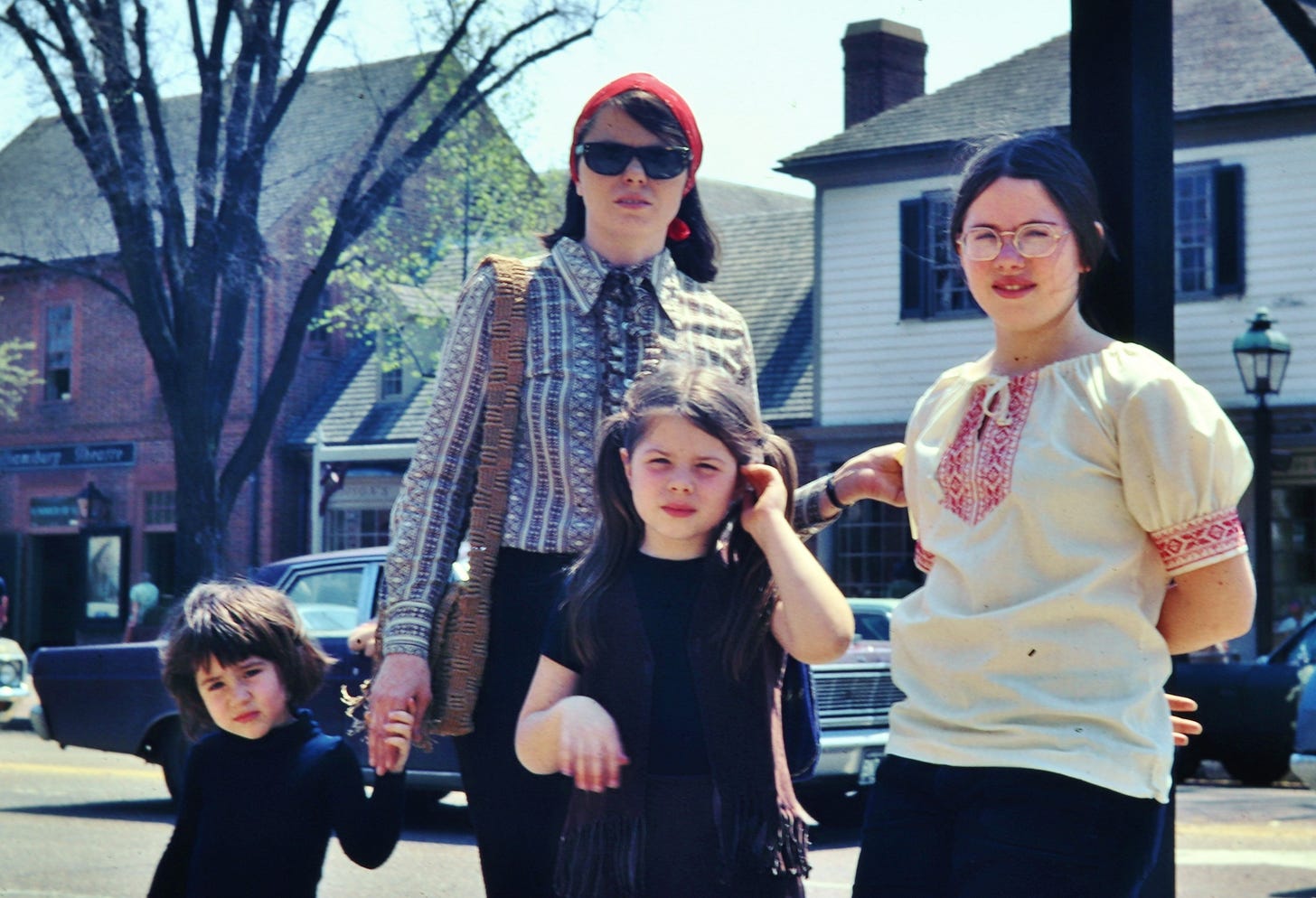
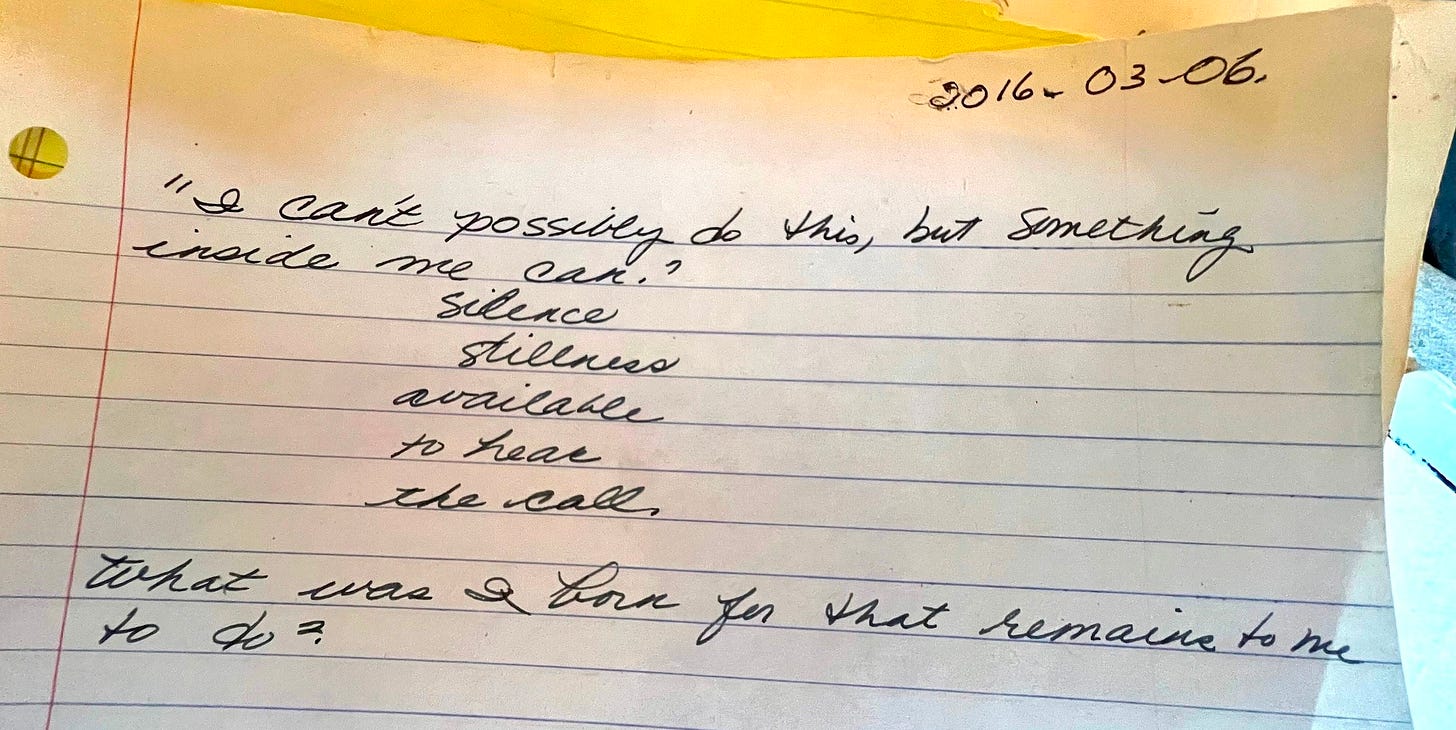
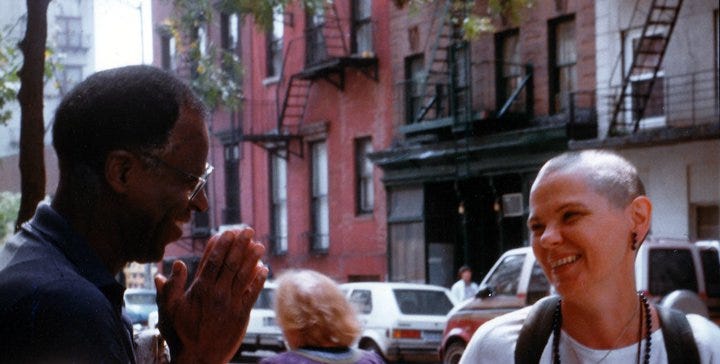
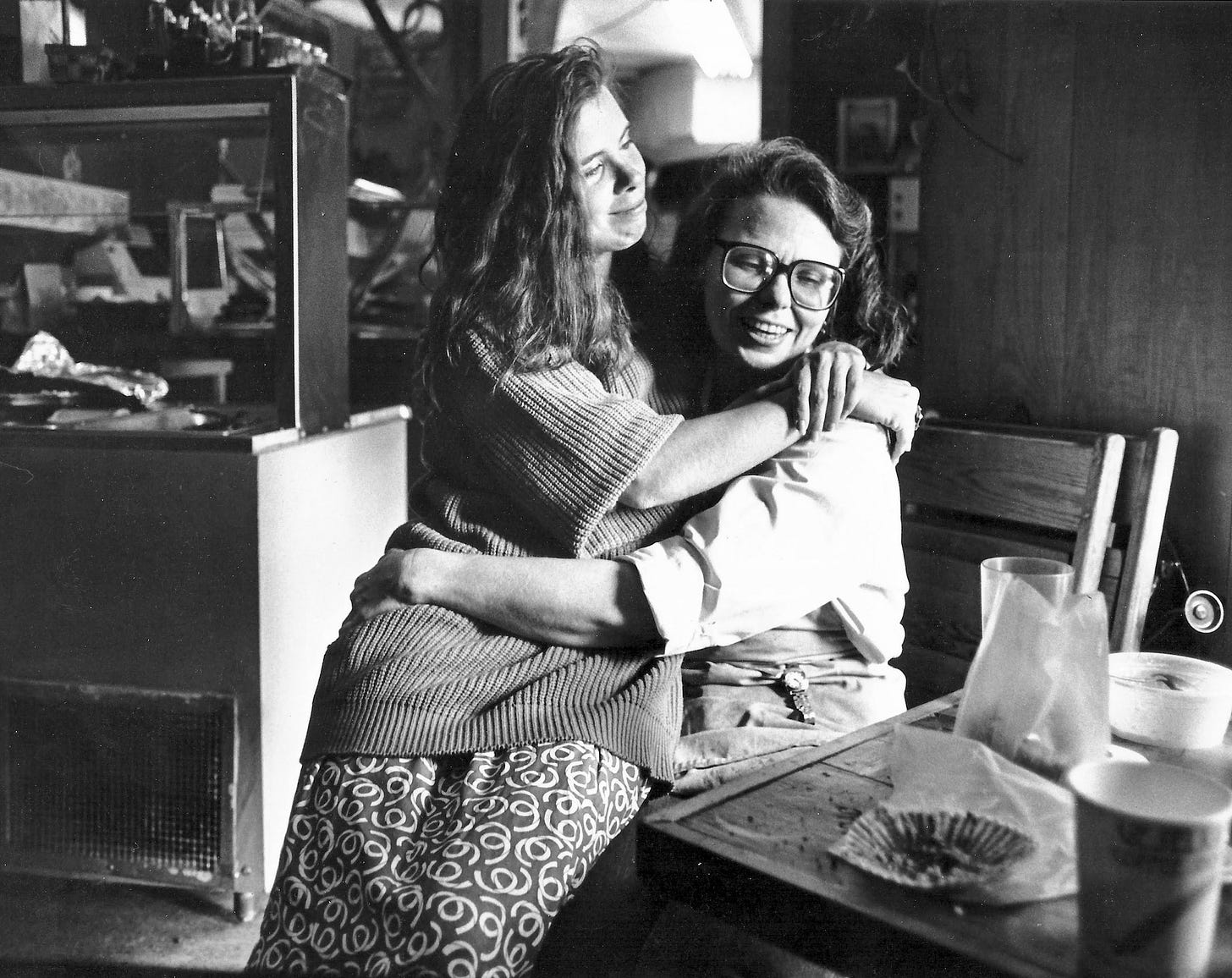
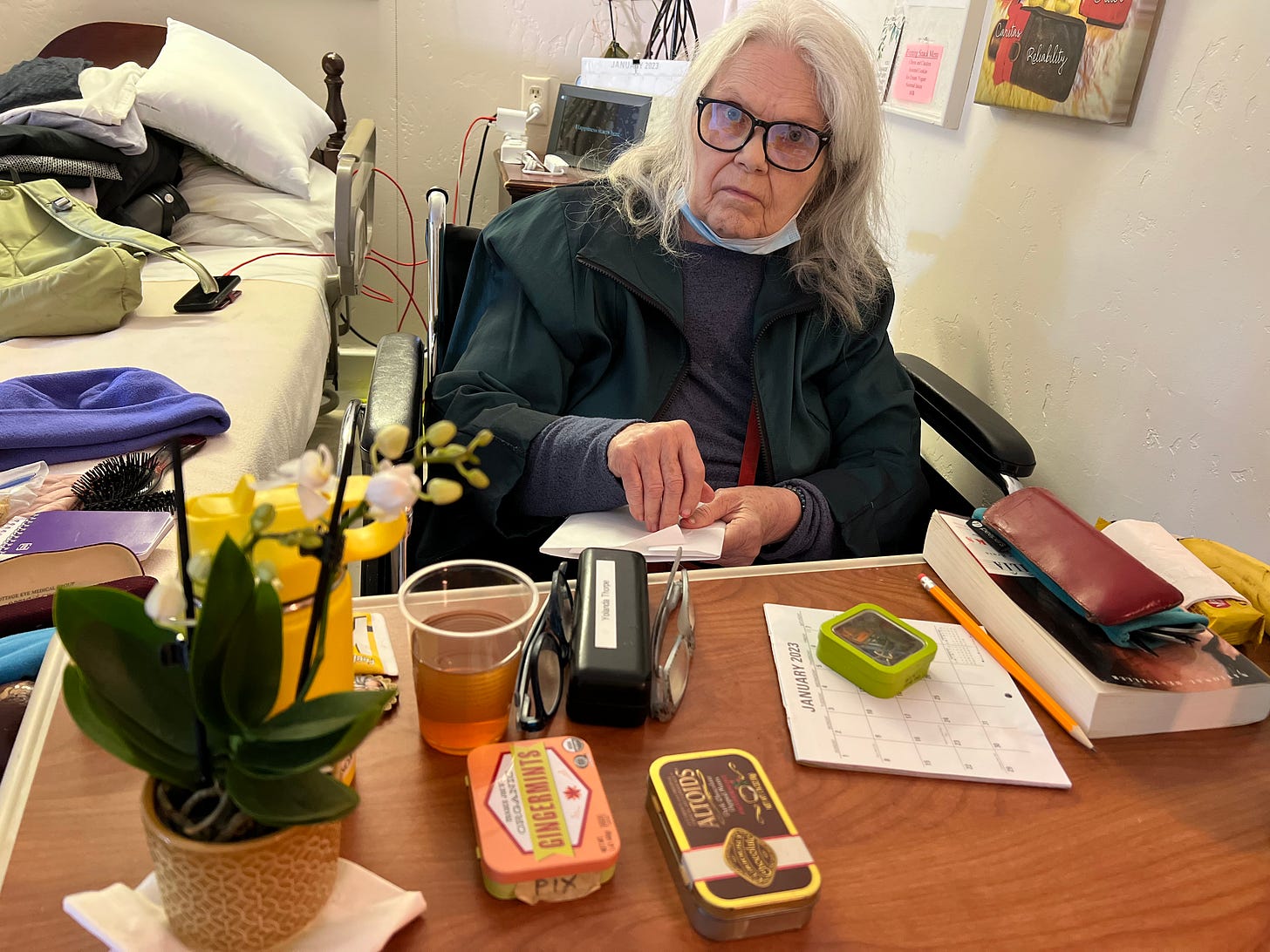



I love this honest look at a parent. I’ve been meaning to write about my father, who died in December, but have been overwhelmed dealing with my difficult mom. She’s much more difficult at 90 than she was before, though I think the seeds of her current behavior were always there. I find myself having a hard time remembering how she was when we were all younger. And while I have moments of compassion for her, that can get lost amid the stress she causes. Anyway I appreciate the love, compassion, and honesty of your memories. I love your final words with her and hers. There’s so much to unpack in our relationships with our parents, I hardly know where to begin. But you did a great job giving us a full portrait of your mother in a concise piece.
Christine,
This hit like an earthquake, complete with waves of aftershocks. First, I hear my oldest daughter's voice. I was the mentally ill mom, retreating to the bath tub when reality became too much to bear. Physically in the house with my kids, but emotionally and mentally gone. Second, I hear my mother, child of a woman with bipolar disorder long before the illness was even diagnosable. Finally, I hear my grandmother. She struggled with a superior yet uneducated intellect trapped inside psychosis.
Generations of women have paid the price of mental illness. Its effects on us and on our children. Your pain resonates throughout this piece. There, in the subtext, between the humor and recalling the mom you lived with.
Thank you for sharing this post. Be prepared for the grief to be nonlinear. Expect the grief for what might have been. It's all in there, waiting to be explored.
I'm so glad I found your Stack. You're a beautiful breath of fresh air.